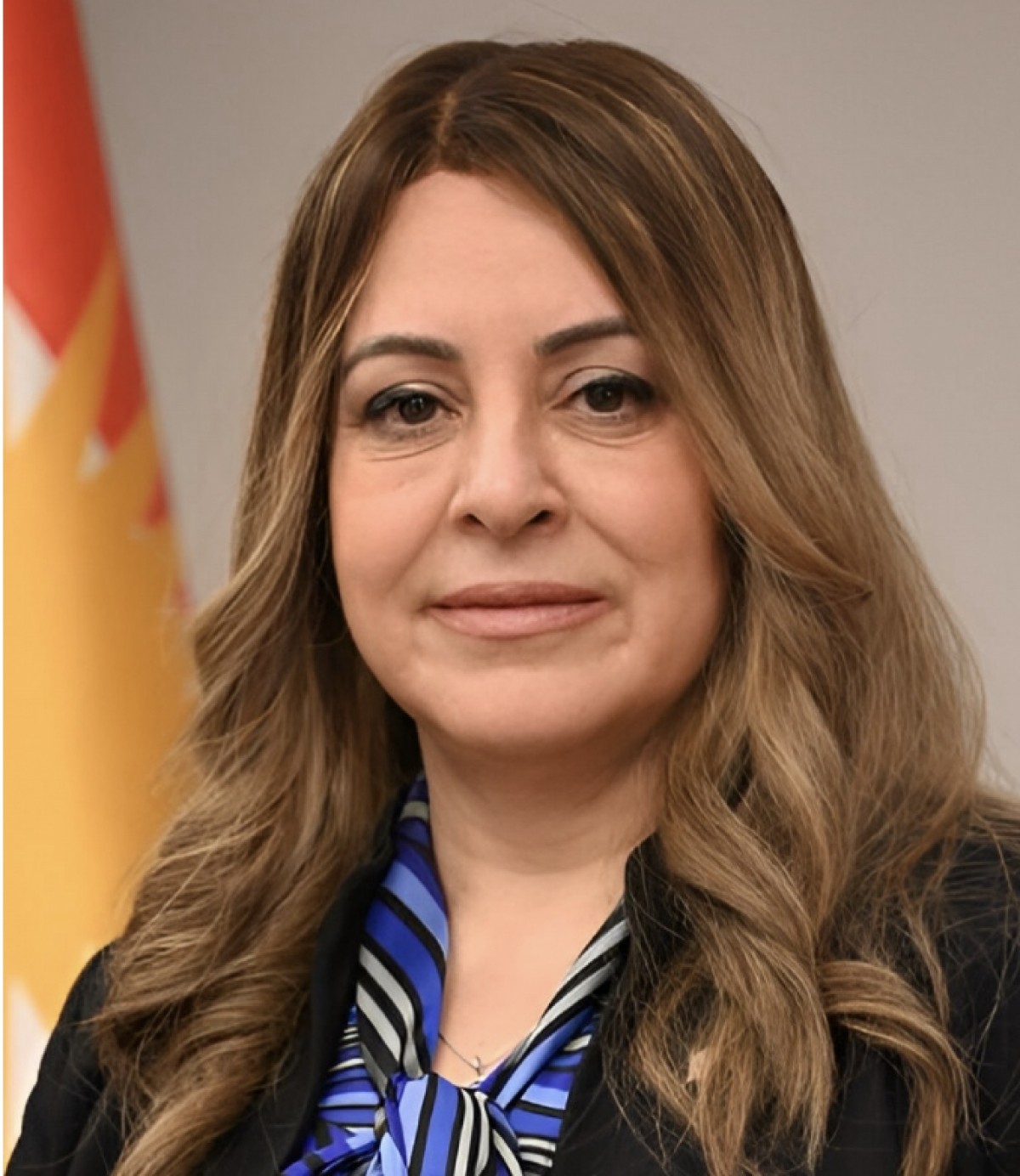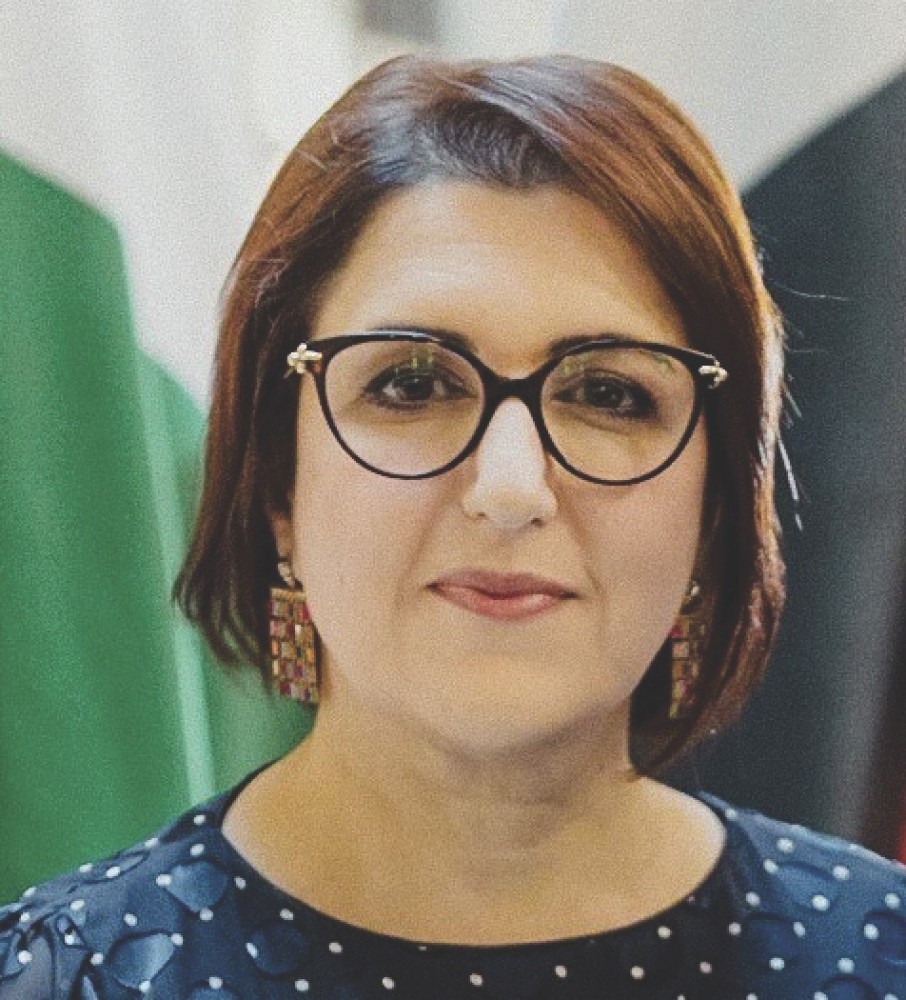Although Kurdistan literally means “the land of Kurds,” this specific geography is home to a diverse group of people from different ethnic backgrounds. Throughout the region’s turbulent history, the inhabitants of Kurdistan have been subject to discrimination, brutality, and oppression by different powers, yet they have emerged victorious through resilience, unity, and perseverance.
In Kurdistan, tolerance, coexistence, and peace are not just cultural norms; they are inherent qualities as profound as the majestic mountainous landscape that defines this region. Unlike many places where laws and regulations are needed to enforce tolerance between people of different faiths and ethnicities, the Kurds embody these principles naturally. These qualities also echo in the name of Kurdish soldiers, peshmerga, often translated as “those who face death.”
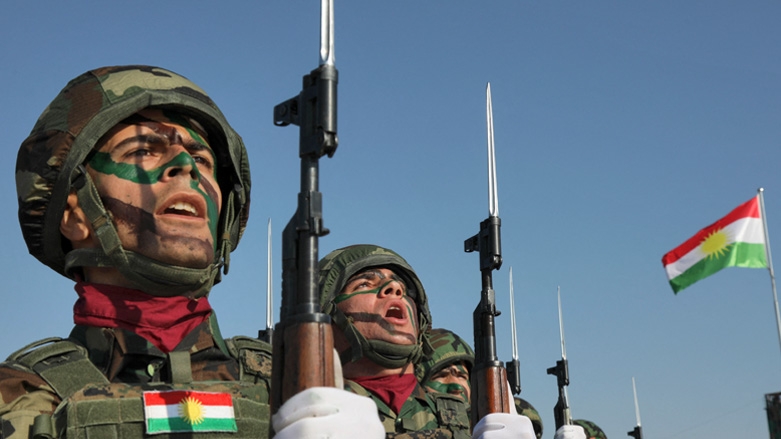
The guardians
The peshmerga have gained recognition for their unwavering commitment and fearless spirit, driven by a cause that goes beyond politics. However, with the emergence of ISIS, they showcased unparalleled courage as they willingly sacrificed their lives to defend others, regardless of their faith and ethnicity. These brave men and women spearheaded a massive international coalition until they reclaimed every inch of the land taken by ISIS, even areas not historically and formally part of the Kurdistan Region of Iraq (KRI).
These stories echo the days after the liberation of Iraq in 2003. Back then, there was consideration given to dissolving the peshmerga. Kurdistan Regional Government former President Masoud Barzani’s resolute objection emphasized that just as the peshmerga had not been established by decree, they could not be dissolved by one either.
Today, the KRI is a testament to the profound sacrifices made by its people, the blood they offered, and the tears they shed. It emerged from the pain of hundreds of thousands of martyrs, the anguish of countless mothers, and the enduring resilience exhibited during decades of systematic oppression.
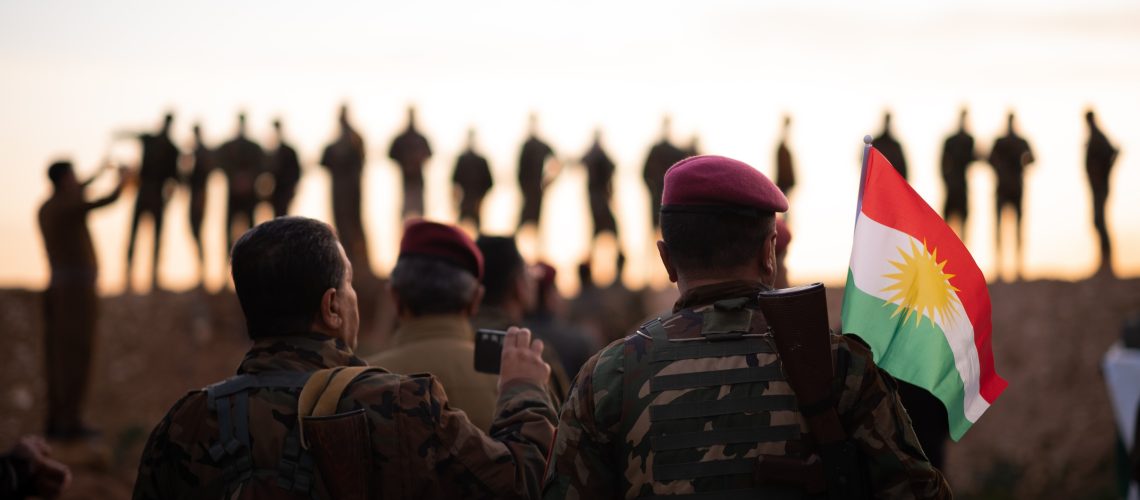
The homeland
The sufferings of these people, their endurance during extremely challenging times, and the sacrifices of the men and women of this homeland have always been undertaken because the dream of Kurdistan outlives everyone, a dream that is as real as life itself.
The KRI stands as a beacon of hope in the Middle East and is often refer to as “the other Iraq” by Western politicians. The people of Kurdistan take pride in their unique history, traditions, and culture, while also embracing the principles of advanced societies. They have seamlessly adapted to the modern world, looking ahead with optimism.
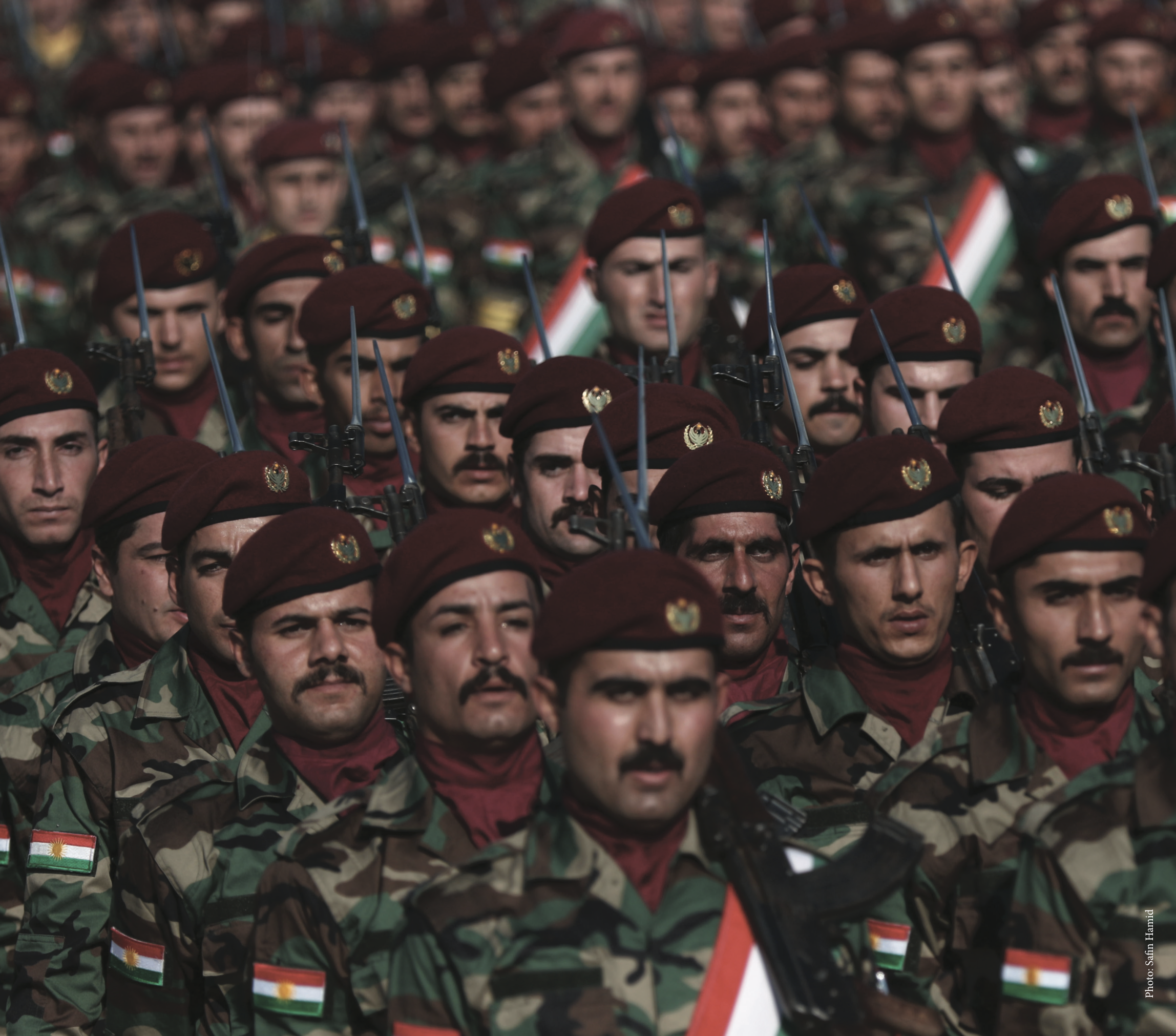
The hope
However, as we take pride in what has been achieved, we also remain cautious of the challenges that threaten the very existence of Kurdistan and its peoples. Since 2005, the KRI, as a constitutional political entity in Iraq, has had many ups and downs in its relations with the Iraqi federal government, including neglect of Article 140 of Iraq’s constitution, financial differences, oil disputes, and budgetary difficulties, to name just a few. Amid the unfolding of new regional conflicts in the Middle East, the Kurds are waiting to see whether these conflicts exert a direct or indirect impact on their own circumstances.
With all that said, the KRI boasts friends around the world who recognize the suffering, sacrifices, and basic rights of the region’s people. These friends are happy to see Kurdistan prevailing and growing stronger. As for our adversaries, there will come a day when they too will realize that Kurdistan’s sustained existence is not just an undeniable fact, but that it also aligns with the aspirations of all freedom-loving peoples in the Middle East who champion diversity and liberalism.
Vahal Ali is the Director of Communications at President Barzani's Office.
